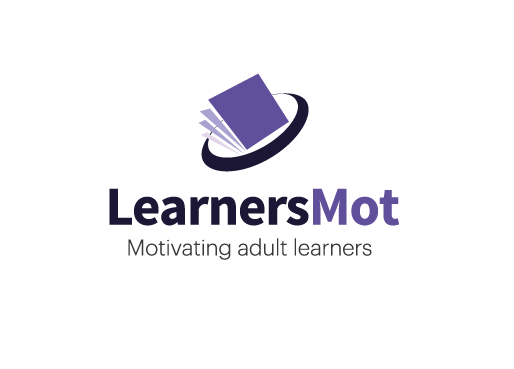

Author :
Directorate for Literacy and National Languages in Senegal (DALN)
Duration :
Nine months per year, from June to February.
Target group of learners:
Young people, adults and elderly people (65 and over), and focuses primarily on women and girls
Institutions involved :
UNESCO, the Ministry of Education, the National Centre for Educational Resources (CNRE), the Office of the Secretary of State for Literacy and National Languages Promotion (SEAPLN) and the Regional Centres for Education Staff Training (CRFPE) of Senegal
Goals / Objectives :
PNEBJA-TIC aims to improve literacy rates in Senegal by 2030, to promote access to education and to improve the living conditions of participants in all regions of the country. Other goals include:
· To contribute to the empowerment of Senegal’s citizens, especially women and girls, and to help overcome poverty through the provision of basic education.
· To provide literacy and everyday life skills in the national languages or in the official language, in particular to women and girls, in order to foster their active participation in their communities and society as a whole.
To enable programme beneficiaries to use ICTs and promote their transition into the labour market as well as their socio-economic environment.
Structure / Contents :
PNEBJA-TIC is a national literacy programme developed by the Government of Senegal. Launched in December 2012, it is a national basic education programme for young people and adults lacking basic literacy skills, designed around the use of information and communications technology (ICT).
It provides literacy and everyday life skills for people who have never been to school or who have left early, allowing them to improve their basic skills, living conditions and socio-economic environment through the utilization of ICTs.
The programme’s planned duration is 13 years, as it is part of the broader Illiterate Youth and Adults Education Development Plan 2012–2025 (PDEBJA) designed and implemented by the national Ministry of Education.
Each lesson lasts two hours and classes are held four times a week: a total of 300 hours of instruction per academic year. Throughout the year, learners are able to take part in 12 modules, each lasting approximately 25 hours. On average, the teacher-learner ratio is one to 30.
Methods / Animation :
The programme is implemented through a combined learning approach: delivering reading/writing and calculus training sessions in the literacy and numeracy modules, and carrying out practical sessions on ‘income-generating activities’ and social studies sessions called ‘social modules’. All the modules use ICTs and different media/digital resources to introduce topics for debate on specific subjects, for example, through the screening of short films.
The subjects taught are divided into three areas:
Evaluation / Feedback :
Since the beginning of the programme there have been many achievements:
· 13,800 enrolled participants per year for the period 2013–2015 (a total of around 55,000 enrolled participants).
· 14,100 enrolled participants in 2016.
· An average completion rate of 85 per cent.
. 97 per cent of learners are women.
"The European Commission support for the production of this publication does not constitute an endorsement of the contents which reflects the views only of the authors, and the Commission cannot be held responsible for any use which may be made of the information contained therein"